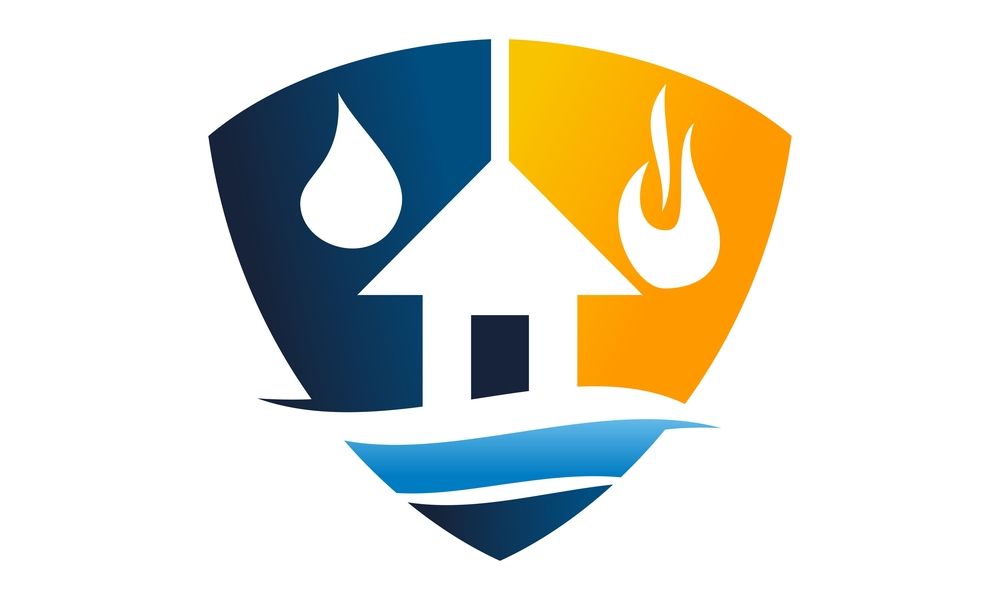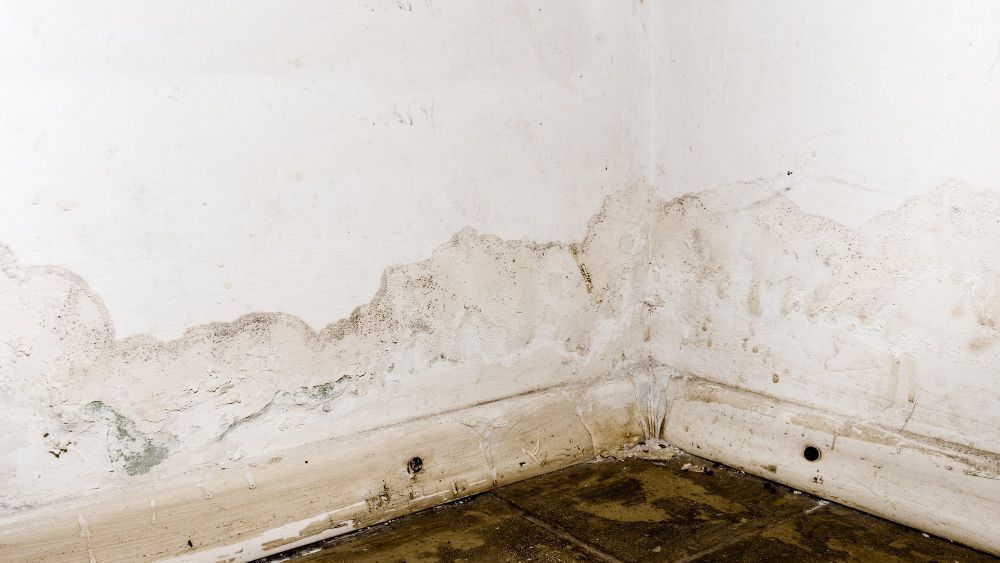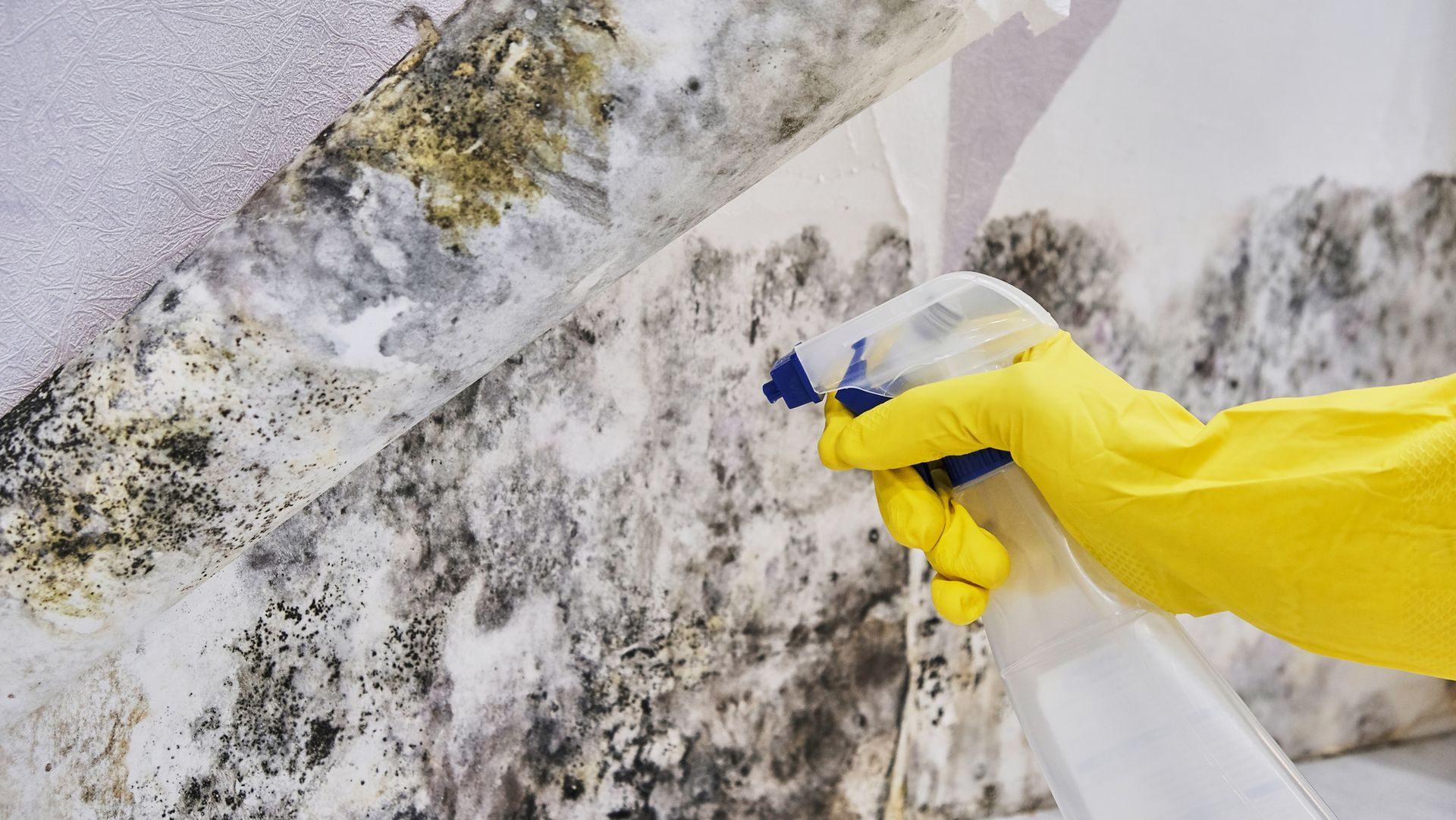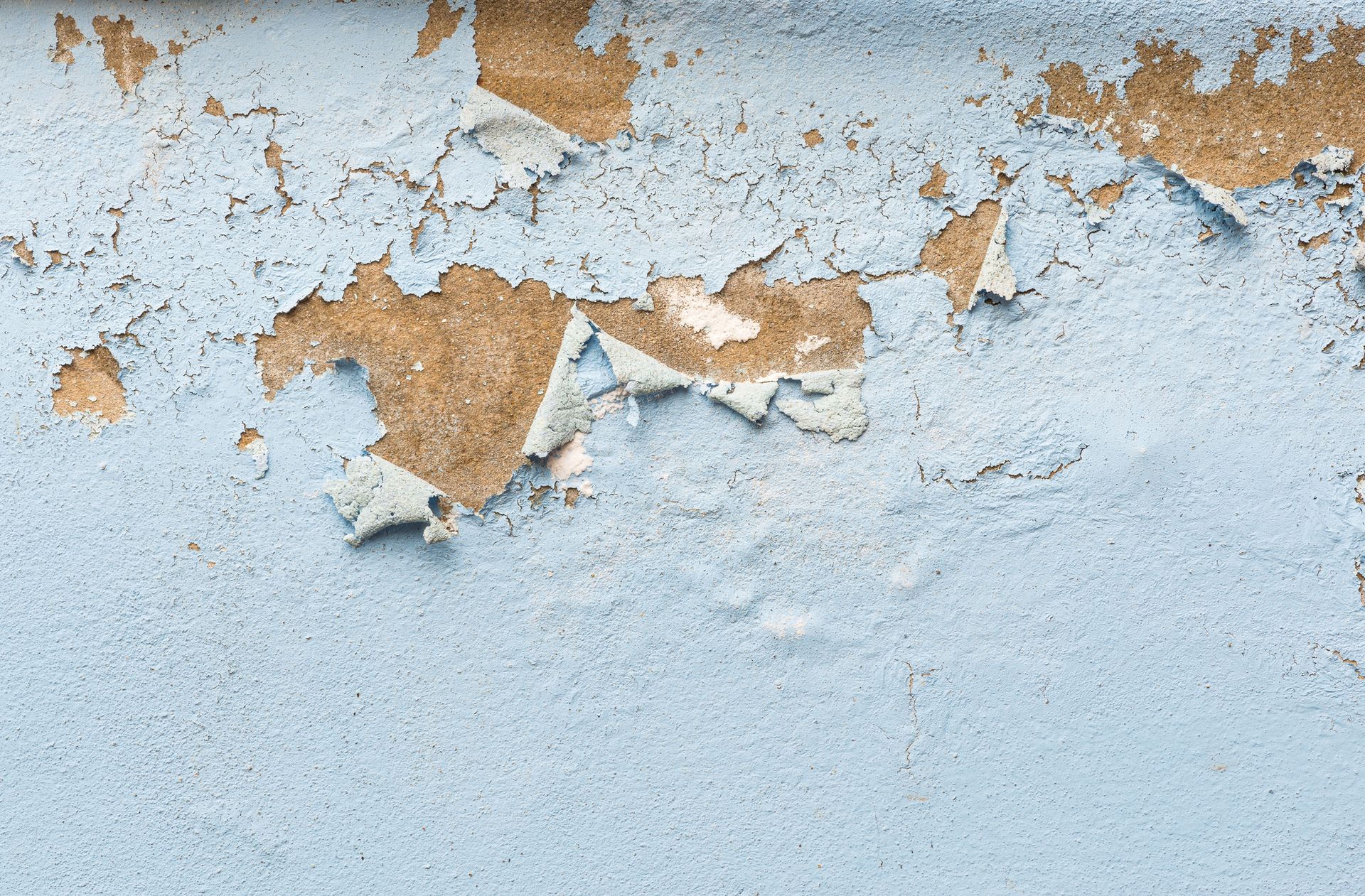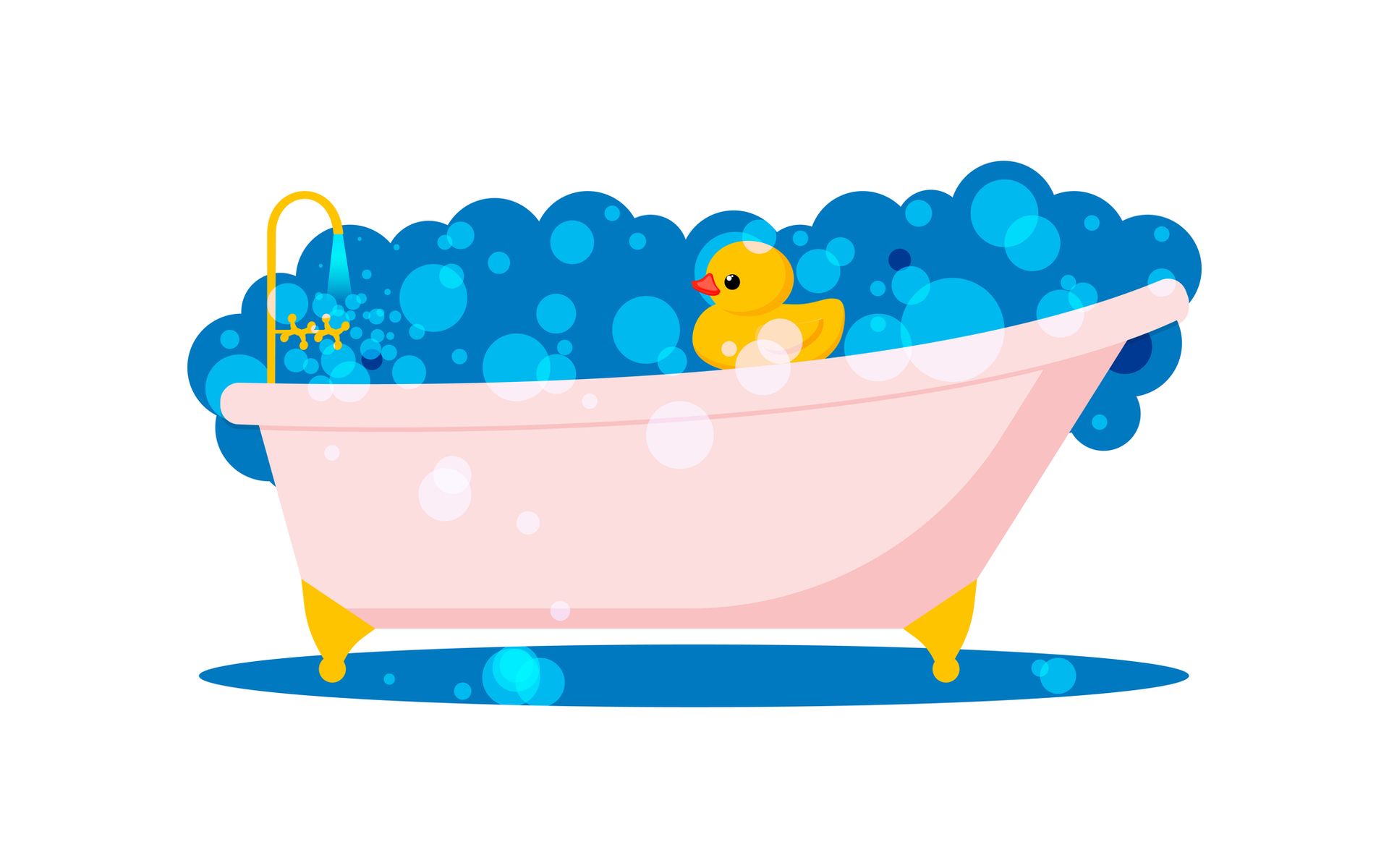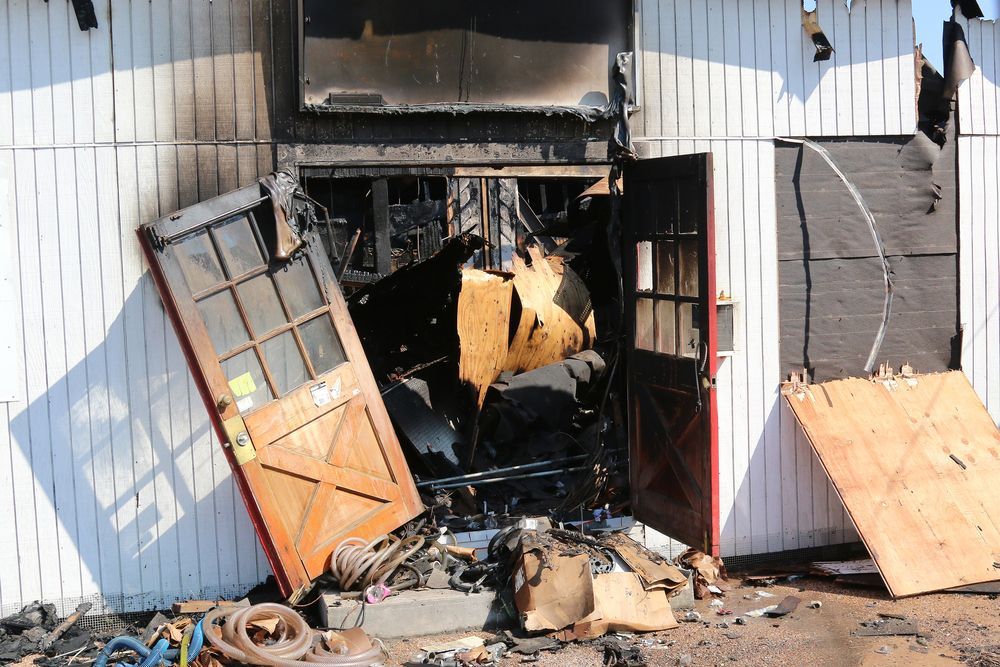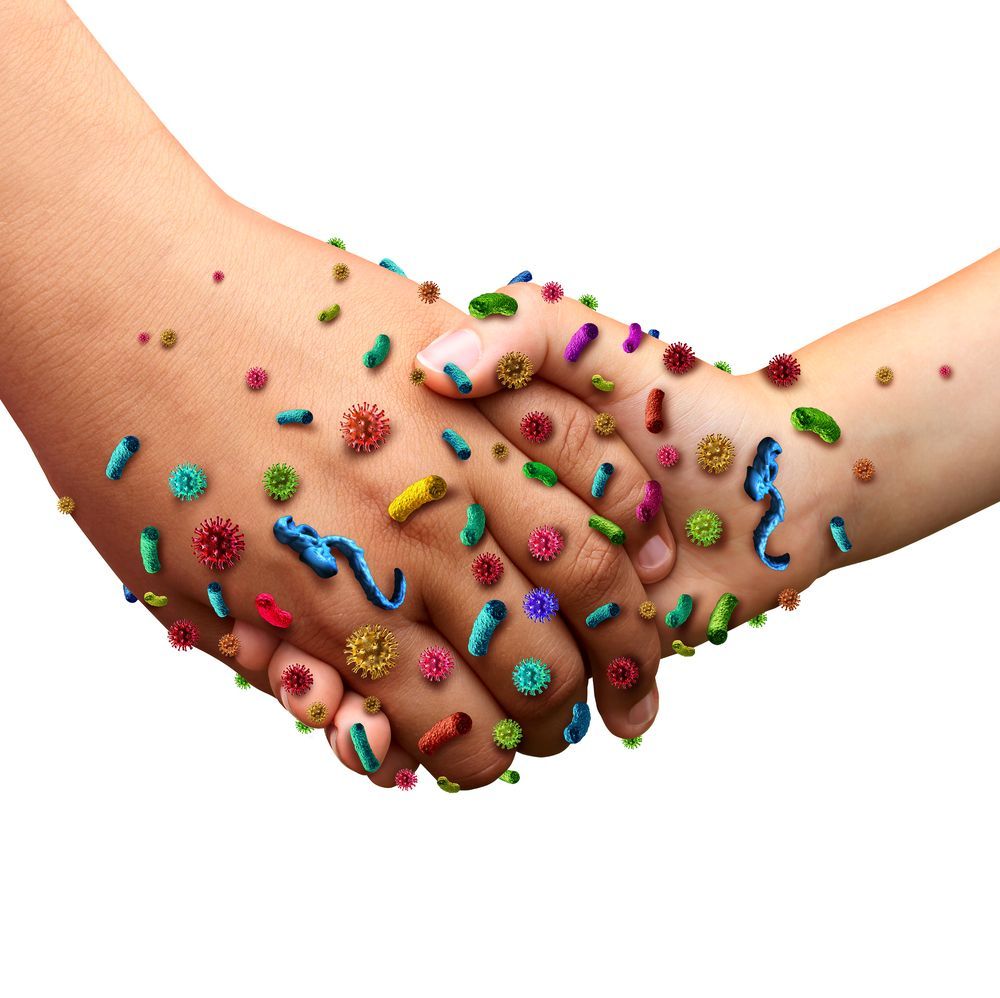The health hazards of flood water, should you avoid it?
If you encounter flood water in the LeHigh Valley, do you know how it can affect you?
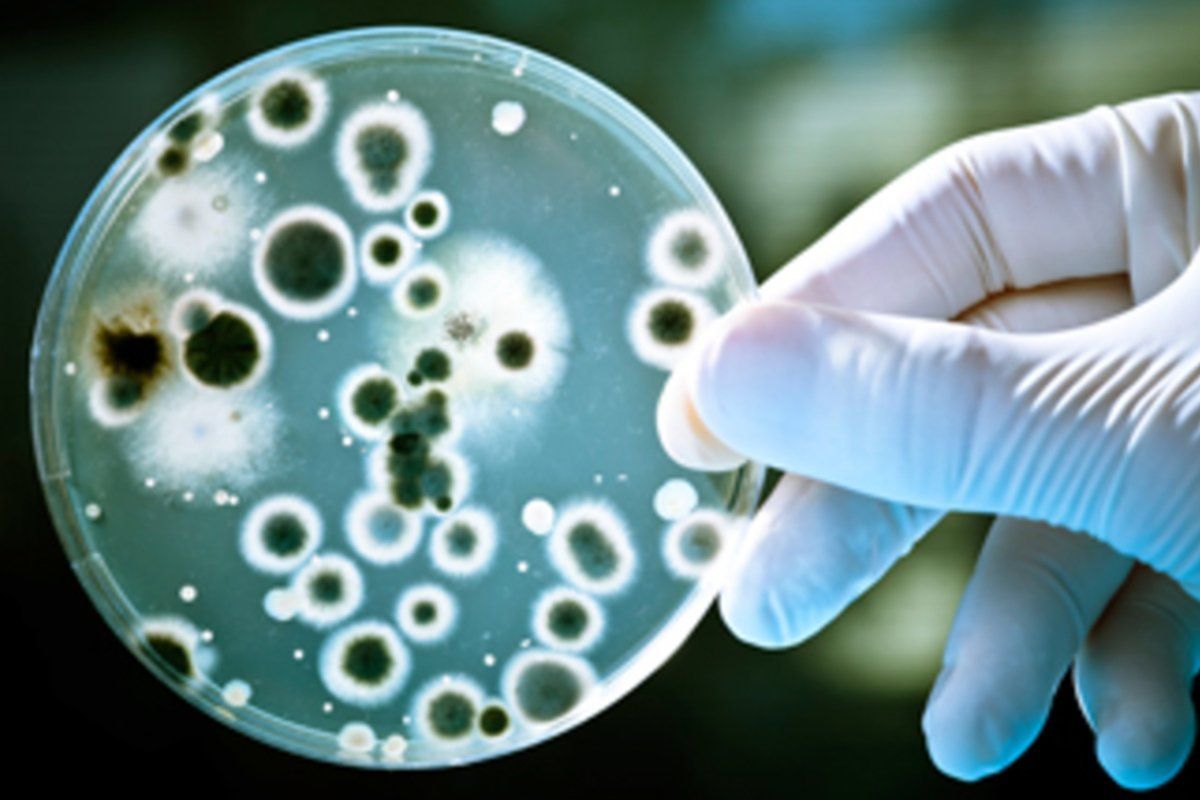
When hurricanes and torrential rains cause flooding, it can send people fleeing from their homes. After the threat of being swept away has passed, there are serious and dangerous conditions that last long after the falling rain is done.
There are many health risks when there are power outages. Damaged plumbing and floodwaters that are loaded with disease-carrying bacteria and organisms to rescue workers and evacuees and those returning to home after the disaster.
Flood water contains extremely high levels of viruses, sewage, bacteria and parasites that can infect you if it enters your eyes, mouth or a cut in your skin.
These are waterborne heath concerns that can affect victims and rescue workers after flooding.
Ingesting germs – Probably one of the biggest risks of swallowing floodwater is ingesting bacteria, parasites or viruses that cause gastrointestinal illnesses. Most of these may cause diarrhea or vomiting, but that can also lead to a life threatening bout of dehydration.
E. coli, Salmonella, Cryptosporidium, and Giardia are the most common contaminants that will cause stomach and intestinal distress. Another big risk in flooded communities is a potentially fatal illness that’s spread through rat urine and known as Leptospirosis. There is also the risk of Cholera and Typhoid fever, which is also contracted through bacteria contaminated flood water.
External infections – People with cuts and abrasions on their skin can get secondary infections from bacteria in the water. Sometimes, the infections are so bad that amputation is need to stop the infection from spreading and causing death. If you have cuts or scrapes, cover them up as best as possible, and wearing gloves and proper clothing. Make sure to wash any scrapes and cuts thoroughly to prevent infection.
Use antibiotic ointment on the wounds and watch it to make sure it doesn’t turn red or swollen, or if you develop chills, fever or other signs of infection, see a doctor immediately.
Insect -borne illness – flood water can attract mosquitoes. The find standing water amongst the debris and use them as breeding camps. Most of the country is already at risk for West Nile Virus and several states have mosquitoes that carry Dengue Fever, Zika Virus and Chikungunya (another virus spread by mosquitoes causing fever and joint pain).
Hepatitis – One thinks of Hepatitis as being spread through iv drug use or sex, but it can certainly be spread through contaminated water or food. Hepatitis types A & E can be spread in flood areas, although type E is rare in this country.
Legionnaires Disease – is a respiratory infection coming from water contaminated with Legionella bacteria. If this untreated water is ingested or breathed in, it causes fever, chills, coughing, and shortness of breath. Legionnaires can usually be successfully treated with antibiotics, but can be fatal if not caught early enough. Normally, Legionnaires happens when drinking water has been contaminated from hot tubs and pools. People have also gotten ill after cleaning up floodwater.
It’s hard not to be in contact with flood water after a flood. Always seek medical attention afterwards if you feel illness of any kind. Try to avoid exposure to your eyes, nose and mouth if you must be exposed to flood water to minimize illness.
